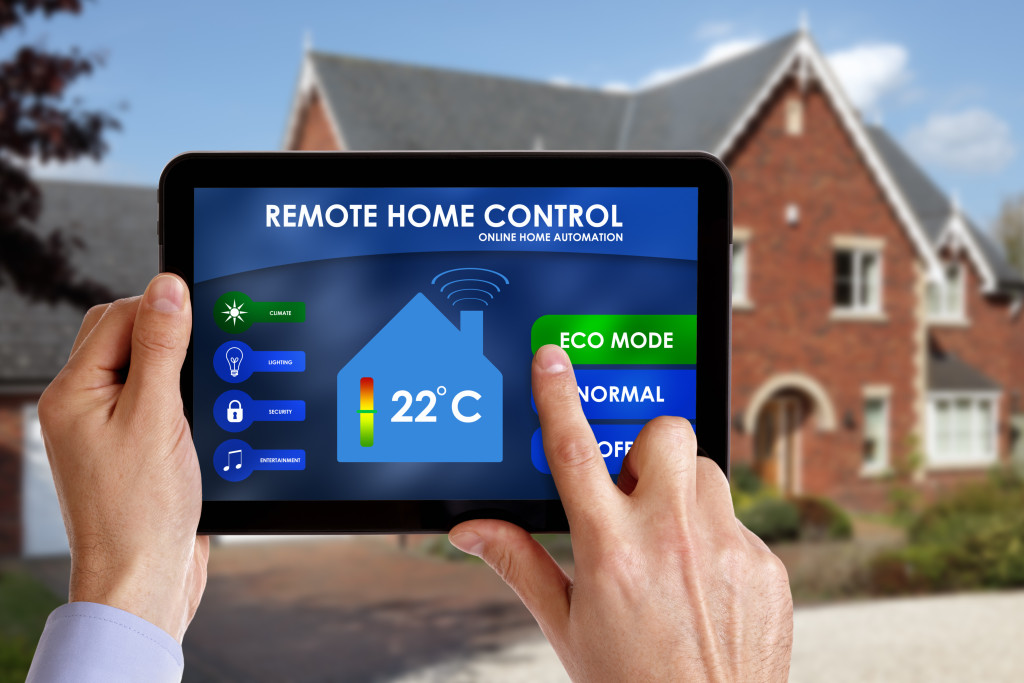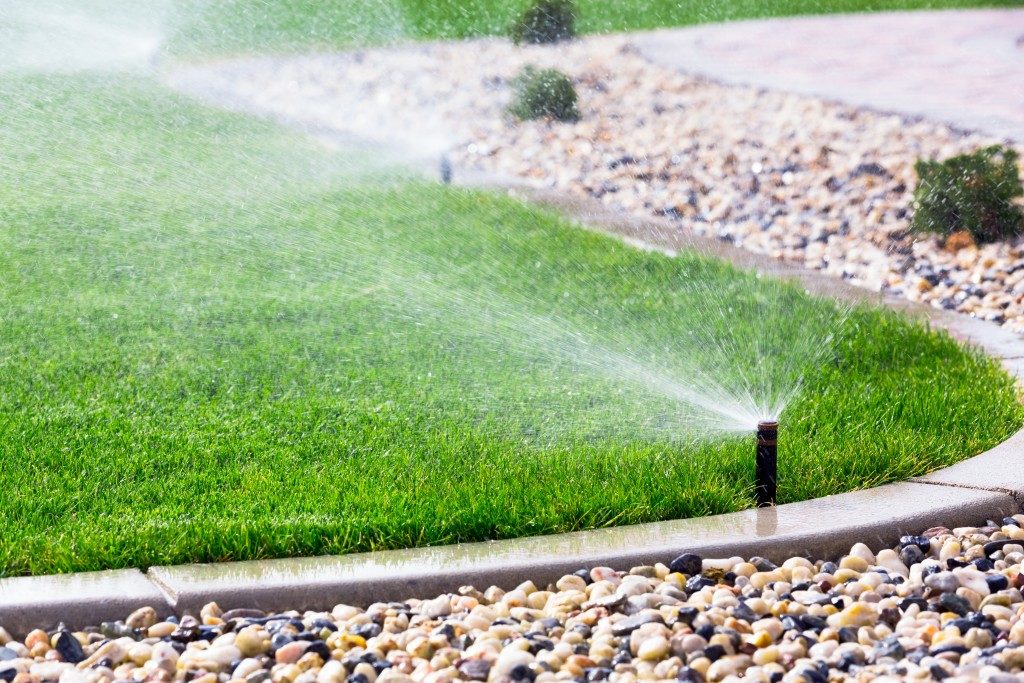Nowadays, everything is smarter. From your television screen to your refrigerators, all household items are seemingly getting an upgrade to become more connected.
The many benefits of turning your regular house into a smart home have been discussed extensively. It provides increased security, comfort, accessibility, and ease of use. However, before jumping into it, consumers should first know the struggles of having a smart home.
A Smart Home is Always Plugged In
Electricity is one of the primary concerns among homeowners who want to turn their regular homes into a smart home. Inside a smart home, more devices are being used, and they will always be plugged in.
Homeowners will benefit from hiring an electrical repair specialist to assess their homes and see if it is ready for automation. Although nowadays, most devices are wireless, some will still need to be integrated into the system so that they can continue communicating with the dumb electronics in your house. In addition, many homeowners add deep junction boxes in order to accommodate the additional cables and wires needed for the new smart home gadgets.
These tasks require the expertise of a licensed electrician to avoid any incidents that may endanger your or your family’s life.
Smart Devices are Not Always Compatible
The arena of smart home devices is filled with different brands and manufacturers. It is good news because it provides a variety of options to homeowners. However, it also means that not all gadgets will work together once they are installed at home.
What may work for Google Home, which is the internet giant’s own line of smart home devices, may not be compatible with Amazon’s Alexa or Apple’s Siri. All these home voice assistants prefer their own ecosystems. It forces consumers to stick with one platform which limits the choices available.
However, more devices are being developed for each platform rapidly. Pretty, homeowners, whichever platform they choose right now, can automate their entire homes as quickly as possible.

Smart Devices are Not Always Accurate
Installing smart devices throughout your home can increase safety and security. However, the technology is not very sophisticated yet.
Your smart home security cameras may send you alerts for events that you should not even worry about. Amazon’s Ring video doorbell, for example, is notorious for pushing notifications after detecting motion from a few leaves falling in front of it. Some smart security cameras see birds, squirrels, deer, and other wild animals and then warn homeowners of suspicious activity within their yard.
Receiving false alerts regularly can get annoying and stressful. You might find yourself jumping up from bed late at night because your security cameras captured movement only to find that it is just a raccoon walking around the perimeter.
Fortunately, these devices are improving. Netatmo’s security cameras use artificial intelligence to recognize if the movement was made by a wild animal, a vehicle, or a human being. This way, homeowners can receive fewer false alerts that will cause unnecessary worry.
A Smart Home During an Electric Outage
Your smart home requires power and an internet connection to operate. However, what happens to you when the electricity is cut off due to bad weather and takes down the internet with it?
Most manufacturers prepare for an electric outage and, therefore, have mechanisms installed in the event of a loss of power. A homeowner would not be locked inside their own home until the electricity goes back.
Many smart home devices have batteries so that they can remain on no matter what happens. These gadgets also usually have physical buttons or Bluetooth. A homeowner can continue using the electronics even without Wi-Fi.
Your smart bulbs, however, will remain off for the duration of the blackout unless they are attached to a lamp that has a battery backup. Some security cameras may also not be useful during an outage.
A Smart Home May Lead to an Invasion of Privacy
Anything connected to the internet can be hacked. Laptops, smartphones, tablets, smartwatches, smart refrigerators, and smart home security cameras can be accessed by a person or groups with ill intent.
Without the homeowner’s knowledge, hackers might take control of electronic devices. It already happened; cameras were turned on and videos were streamed online for strangers to see.
Moreover, these devices collect data which may fall into the hands of the wrong people. Whoever has the data from a smart home will know when the homeowner is around, where they are in the house, and what they are doing.
However, steps can be taken in order to ensure that a house remains private despite the presence of smart home devices. Regularly changing passwords, installing security software, and keeping firmware up-to-date can protect a homeowner’s privacy.
Having a smart home is neither good nor bad. Gadgets make everyday lives easier, but can also cause a few problems in the future. Homeowners should weigh the pros and cons of automating before they make a decision.









